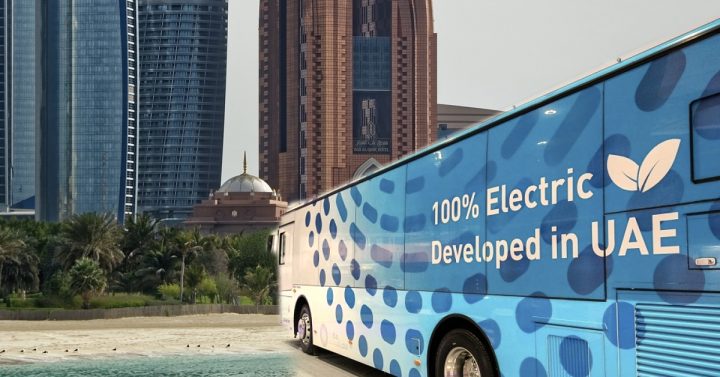The impact of climate change in our planet can’t be ignored: glaciers collapsing, fast-rising sea level, intense summer and winter seasons, long drought, and stronger typhoons.
Scientists predict that the problem will continue to persist, which is even more bad news for us.
This is why key figureheads in various fields converge in the capital every year through the Abu Dhabi Sustainability Week to find ways to mitigate the effects of worsening climate change.
Hosting the event here in the capital makes perfect sense after all the capital has always supported the cause with actual projects to show for it.
So with the Abu Dhabi Sustainability Week 2019 set to go from 12th to 19th January, we take a look at some of the ways the city is doing its part in saving the world.
- What better way to do the planet good than by building a dedicated city running on clean, renewable energy? Masdar City is built on this premise and it’s doing just that from construction materials of the buildings to the energy sources that run the community.
- Located inside the eco-friendly city is the Masdar Institute of Science Technology. Here, students study and conduct research and projects primarily, but not limited, to renewables and alternative energy sources.
- You might have seen, or even tried, the bike for rents scheme in some parts of the city. Bikeshare by Cyacle lets residents go from one location to another in an eco-friendly way through its bikes on standby 50 stations including Yas Island, Al Bahar and Al Zeina.
- The capital will be home to the largest, independent solar power plant in the world. Carrying a working budget of AED 3.2 billion, Noor Abu Dhabi – meaning ‘light of Abu Dhabi’ – in Suwaihan is poised to produce 1,177 megawatts of energy. This is double the capacity of the 550 MW Desert Sunlight Solar Farm in California in the US.
- Just recently launched to service commuters is the all-electric passenger bus – touted as the first of its kind in the region. The eco-bus is designed with rechargeable batteries and solar panels, and built to withstand the country’s harsh desert heat. Currently serving a six-stop route, the bus is free of charge to passengers until the end of March this year.





One Comment